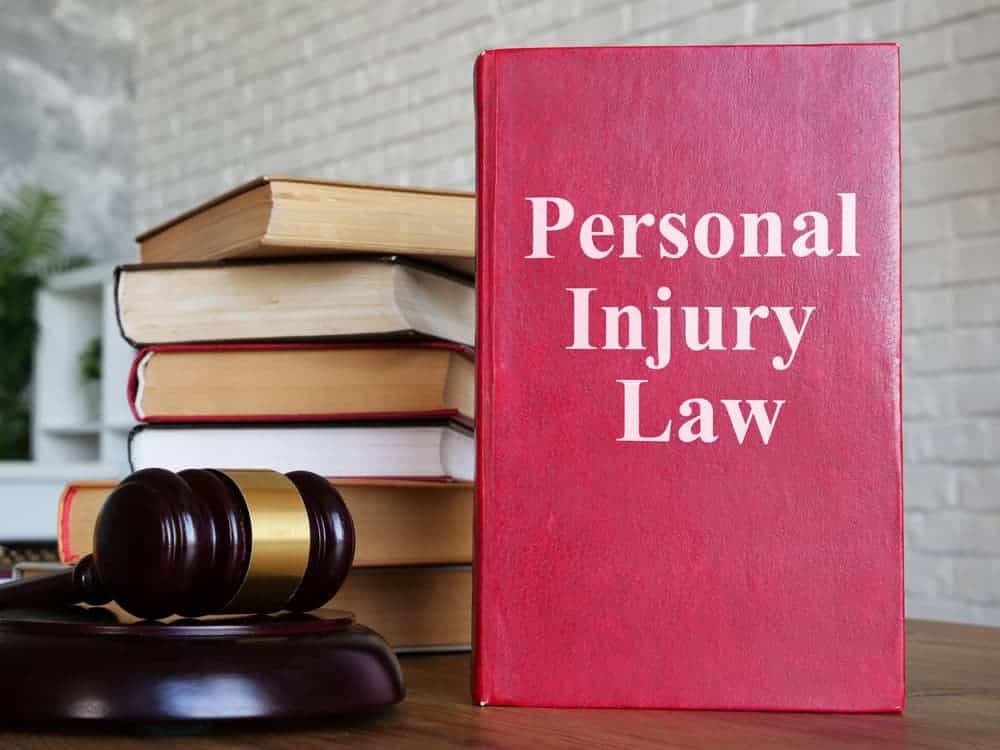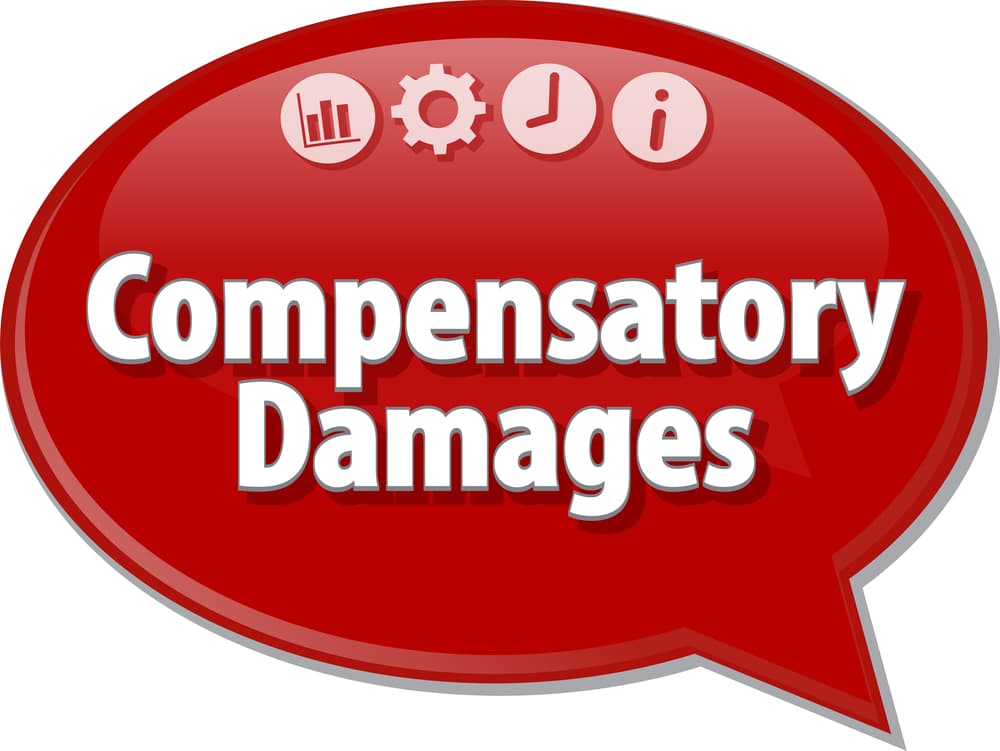Suffering an injury can bring about many frustrations, including a lengthy road to recovery and many expenses and financial losses.
You may have a valid personal injury claim if you suffered injuries caused by a third party’s actions. But what exactly is a personal injury lawsuit, and what steps does it involve? The steps in a lawsuit may vary slightly, but a San Jose personal injury lawyer can give you personalized guidance and information concerning what you can expect for your case.
Understanding Personal Injury Law

Most people aren’t familiar with personal injury lawsuits unless they or a loved one have had to go through the process. Before learning what to expect from a lawsuit, let’s explain personal injury as a whole.
A personal injury refers to an injury suffered by another party or entity’s negligent or intentional actions. These injuries can affect you physically, mentally, and emotionally. Depending on the severity of your injury, you can suffer from short and long-term effects.
Personal Injury Cases
Personal injury law is a broad area of law encompassing different types of cases involving harm to an individual, including:
- Vehicular accidents, including car, truck, and motorcycle collisions
- Bicycle accidents
- Pedestrian accidents
- Construction accidents
- Workplace accidents due to third-party negligence
- Premises liability incidents, including slips and falls, swimming pool accidents, and dog bites
- Product liability accidents from the use of defective or malfunctioning products
- Wrongful death incidents
Every area of personal injury law has its own laws and procedures. This is one reason why you need an experienced personal injury lawyer to handle your claim.
Common Types of Injuries
Some personal injuries cause short-term pain, discomfort, and change, while others result in serious, long-term issues.
Some of the injuries commonly seen in personal injury cases include:
- Burns
- Broken bones
- Neck injuries
- Traumatic brain injuries (TBI)
- Back injuries
- Spinal cord injuries
- Soft tissue injuries
- Internal injuries
- Crush injuries
Certain injuries may result in life-altering consequences, leaving accident survivors unable to recover fully, especially those involving the brain and spinal cord. Some injuries can leave a lasting impact on a person’s life, causing permanent cognitive issues, paralysis, and disfigurement, among many other things.
If another party caused your injuries, you can receive compensation for your related expenses and losses.
Liability for Personal Injuries
Some of the parties often found liable for injuries include:
- Drivers and their employers
- Companies that engage in negligent hiring, supervision, or retention of risky employees
- Product designers, manufacturers, and distributors
- Landowners, occupiers, and tenants
- Corporations, large and small
- Government entities
A personal injury attorney can investigate your case to determine who you can hold financially responsible for your harm and resulting consequences. Identifying all possible liable parties allows you access to maximum insurance coverage, which you need if you suffered severe and costly injuries.
Damages Available in Personal Injury Cases

Compensation comes in the form of damages, which make an injury victim whole again - at least, as much as possible.
Damages for each personal injury case vary depending on:
- The type of injury you suffer and the extent and severity of your injuries
- The total cost of your medical treatment
- Whether you’ll require medical care in the short and long term
- The total of your lost earnings from time off of work
- The mental and emotional impacts of your accident and injuries
Damages compensate you for your monetary and non-monetary losses.
Based on your case, you may receive compensation for:
- Medical expenses and rehabilitation
- Property damage
- Lost earnings
- Diminished or lost earning capacity
- Pain and suffering
- Permanent disability
- Scarring and disfigurement
- Loss of enjoyment of life
A personal injury lawyer can thoroughly review your case and losses to determine its value. Assigning a proper dollar amount to your claim can ensure you get full and fair compensation.
The Steps Involved in a Personal Injury Lawsuit
The steps of a personal injury lawsuit are often the same for different types of cases, but what you can anticipate for your case depends on your situation.
Expect to experience the following steps along your path to compensation.
Consulting a Personal Injury Attorney
First and foremost, your journey starts with a consultation. Following your accident and injury, look for an experienced personal injury attorney. Deal with a local lawyer, as they better understand the laws and procedures that affect your case. Additionally, local attorneys have connections and resources within your community.
During your consultation, you can discuss your case with your prospective lawyer. They can ask questions, gather pertinent information, address your concerns, and provide professional advice.
Once you formally hire your attorney, they can work on your case immediately.
Investigating Your Case
Depending on the complexity of your case, your lawyer may need to investigate to collect crucial information and details. Investigations can determine the actual and proximate cause of your injuries and shed some light on who you can hold responsible.
Throughout their investigations, your attorney can also gather evidence. Evidence can dictate the strength of a personal injury claim.
Evidence commonly used for these cases includes:
- Medical records and bills
- Doctor’s notes
- Photos and videos
- Witness statements
- Expert testimony
- Black box data
- Police and accident reports
- Surveillance footage
- Written communication
Should you have any evidence concerning your case, provide it to your lawyer.
An in-depth investigation before taking any legal steps can better assist your lawyer in determining your legal options and creating a winning strategy.
Filing an Insurance Claim
Many personal injury cases involve insurance companies, including vehicular collisions and premises liability claims. Therefore, you may begin by filing an insurance claim.
Insurance companies are notoriously difficult to communicate and deal with, and their sneaky tactics pose challenges in your pursuit of compensation.
Your personal injury attorney can navigate the insurance claims process while protecting you from being taken advantage of. Your lawyer can also help you approve your claim and secure a fair settlement.
Sending a Demand Letter
When the insurance company refuses to cooperate and settle your claim, your personal injury attorney may need to send a demand letter.
A demand letter is given the name because your lawyer demands settlement of your claim. In the letter, your attorney includes essential information, details about your accident and resulting injuries, and evidence pointing to the insured’s fault. Your lawyer can also include available documentation to prove their claims further.
At the end of a demand letter, your personal injury attorney provides a dollar amount that best represents the value of your claim. They then inform the insurance company that, should they choose not to settle your claim, they will not shy away from taking further legal action.
In response to a demand letter, the insurance company can either engage in settlement negotiations with your lawyer, agree to settle for the figure included, or refuse to settle altogether. Should they fail to settle, your attorney can proceed with your lawsuit.
Filing Your Claim in Court

Filing a personal injury lawsuit can give you a fair shot at obtaining the compensation you deserve for your injuries. Your attorney can draft your petition and file it with the court, along with any necessary documentation and fees.
After your claim is filed, your lawyer will serve the opposing party with a copy of the summons and complaint. Service of process notifies the defendant of the impending lawsuit and allows them some time, usually 20 to 30 days, to file their response to your petition in court.
Going Through Discovery
Discovery is typically the most time-consuming but important of all the phases of a personal injury case. During this time, parties can request and obtain information from each other and parties critical to the case through certain legal tools, including interrogatories, requests for production, and depositions.
There is no average time for discovery. In some cases, it is completed in mere weeks, while in others, it can take several months and beyond.
The case can proceed once discovery ends and everyone has what they need.
Engaging in Settlement Negotiations
Settlement negotiations are where most personal injury cases are resolved. During negotiations, parties have the chance to engage in a back-and-forth to settle the case in a way that benefits everyone.
There are several benefits to settling a case for all parties. Settling is more time and cost-efficient than going to court. It can eliminate added stress and frustration and leave the case outcome in the hands of the parties rather than a judge or jury.
If the parties can agree, the case resolves. You’ll need to sign documents, including a release agreeing to forgo pursuing more compensation for the same case. Then, you’ll receive your payment and can move on with your life.
Going to Trial and Appealing Your Case (If Necessary)
If your case cannot settle, your case goes to trial. If your personal injury attorney believes going to court is the best option, trust their qualified opinion.
During the trial, parties make their arguments and present evidence and testimony. You place your case in the hands of a judge alone or a jury. After the parties rest their cases, you’ll receive a verdict on your case.
You can appeal your case. Your personal injury attorney may handle your appeal themselves or refer you to a lawyer skilled in appellate cases.
Hiring a Personal Injury Attorney: Is it Necessary?
Never handle a personal injury claim solo. The success of your case can depend on hiring a lawyer.
Hiring a lawyer who is well-versed in personal injury cases can give you a greater chance of obtaining the compensation you need to carry your financial burdens. Personal injury claims are usually tough to handle, especially when you need to file a lawsuit and go to court.
An attorney can handle all case-related tasks promptly and efficiently, allowing you to focus on what matters most, including your physical recovery and spending time with loved ones during a difficult time.
Time is Limited to File Your Personal Injury Lawsuit
Based on your state’s statute of limitations, you likely only have from one to six years to file your personal injury claim in court. Therefore, the sooner you meet with and hire an attorney, the sooner they can begin working on your case. Your lawyer can file your case on time, avoiding unnecessary complications.
If the personal injury lawsuit process intimidates you, hire a personal injury attorney to walk with you every step of the way as they fight diligently to get you the case result you deserve.
